Process Automation in ERP & CRM Systems

In the era of digital transformation, automating business processes is no longer optional — it’s essential for operational efficiency, cost reduction, and scalability. ERP (Enterprise Resource Planning) and CRM (Customer Relationship Management) systems are at the heart of this automation, streamlining tasks across departments and ensuring consistent workflows.
Why Process Automation Matters
Manual processes are prone to delays, errors, and inconsistencies. Automation helps eliminate these issues by standardizing operations and enabling real-time processing. Whether it’s handling approvals, managing invoices, or triggering follow-up actions, ERP and CRM platforms make it possible to automate processes intelligently and reliably.
1. Workflows and Approval Processes
Structured workflows in ERP and CRM systems allow businesses to automate routine approvals — such as purchase requests, leave applications, or sales quotes. These workflows ensure tasks move forward only when predefined conditions are met, reducing dependency on manual follow-ups and increasing accountability.
2. Automated Invoice Processing
Modern ERP systems can automatically receive, read, and process invoices using OCR (Optical Character Recognition) and standardized data formats like XML or JSON. This automation minimizes data entry errors, speeds up accounting operations, and enhances cash flow management.
3. Rule-Based Actions (e.g., Dunning, Quotation Creation)
Rule-based automation lets systems react to specific triggers — like overdue payments, new customer inquiries, or changes in inventory. For example:
-
Dunning processes can automatically send reminders to customers.
-
Quotation generation can be initiated based on product interest or lead scoring.
-
Follow-up emails can be scheduled after a CRM call log is completed.
Such actions not only improve internal efficiency but also enhance customer engagement through timely communication.
Best Practices for Process Automation
-
Define clear rules and conditions for each workflow.
-
Regularly audit automated processes for accuracy and efficiency.
-
Ensure integration with external systems (e.g., accounting or logistics) to enable end-to-end automation.
-
Train staff to oversee and manage exceptions manually when needed.
Conclusion
Process automation in ERP and CRM systems helps organizations operate smarter, not harder. By replacing repetitive manual tasks with intelligent workflows and rule-based triggers, companies can scale their operations, reduce costs, and focus on strategic growth.

